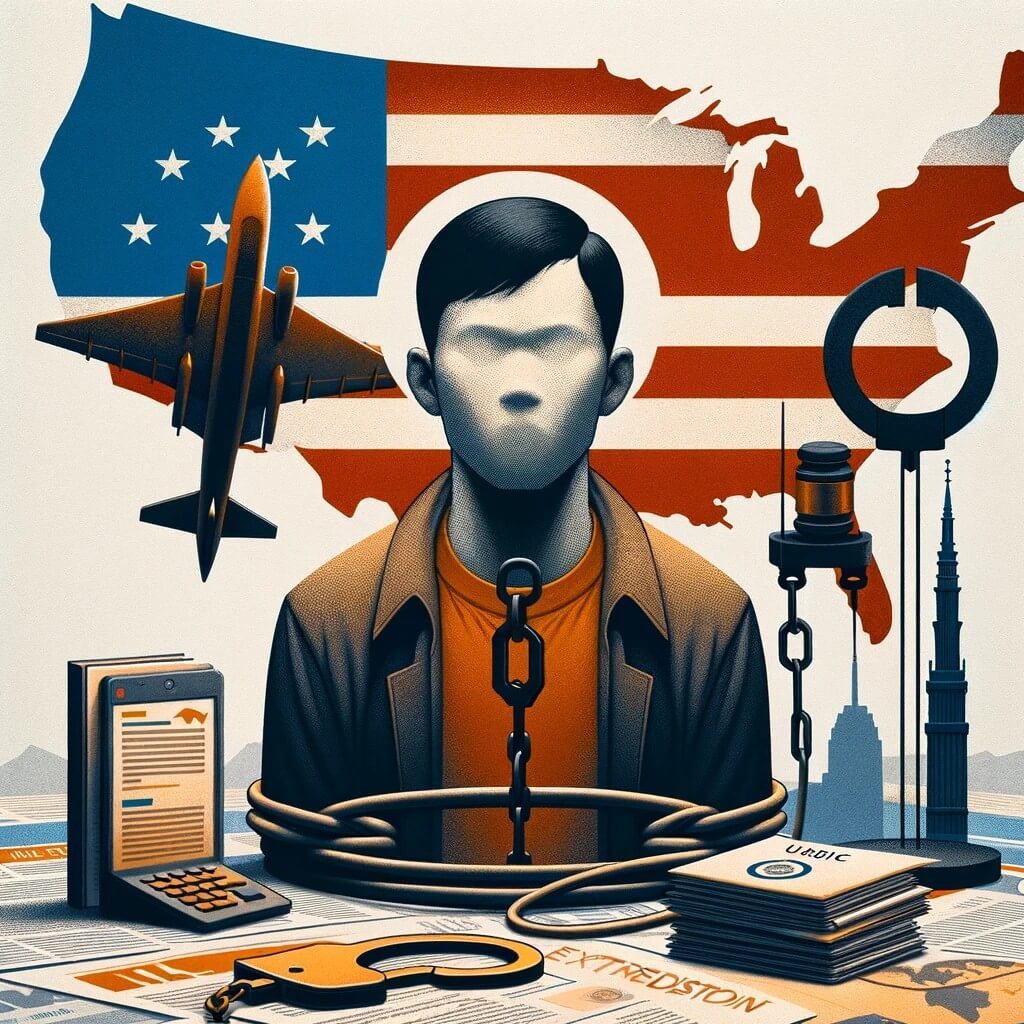In a move consistent with its staunch protection of intellectual property, Nintendo has issued a takedown notice for the fan-created project, Link’s Awakening DX HD. The reimagining, which boasted high-definition visuals, 120fps scrolling, widescreen support, and an expanded view of Koholint Island, has been targeted by the gaming giant for unauthorized use of its copyrights.
Takedown notice details
The notice, directed at the project’s distribution platform, Itch.io, asserts that Link’s Awakening DX HD infringes upon Nintendo’s copyrights in The Legend of Zelda: Link’s Awakening video game. The document urges swift action to remove both the download link and information page associated with the fan-made game.
Quoting the notice, it reads, “Please act expeditiously to remove the download and information page for the infringing game. I have a good faith belief that the material is not authorised by the intellectual property owner, its agent, or the law.”
Nintendo’s stance on intellectual property
Nintendo’s proactive stance in safeguarding its intellectual property is well-documented. The company has consistently taken legal action against fan projects that utilize its copyrighted materials without official authorization. This incident echoes previous instances where Nintendo has flexed its legal muscle to protect its iconic franchises.
Fan reactions and online community responses
The news of the takedown has sparked mixed reactions within the gaming community. While some fans express disappointment over the cessation of the project, others acknowledge Nintendo’s legal rights to protect its intellectual property. Online forums and social media platforms have become platforms for heated discussions, with supporters on both sides voicing their opinions on the matter.
Implications for fan-made projects
The takedown of Link’s Awakening DX HD raises questions about the fate of other fan-made projects and the precarious position they occupy in the gaming landscape. The incident serves as a reminder to enthusiasts that even well-intentioned efforts to enhance or reimagine beloved games may face legal repercussions from the original copyright holders.





